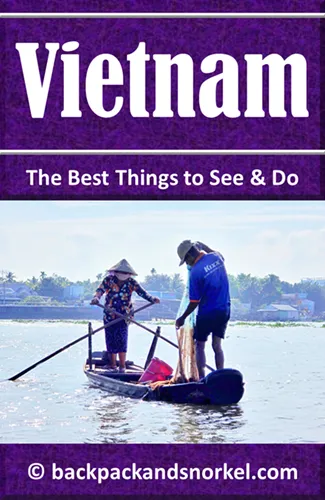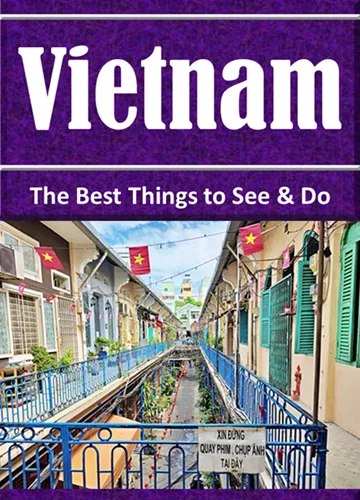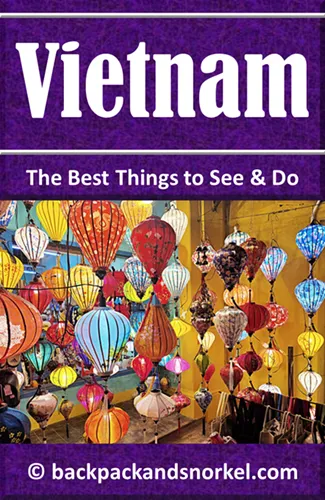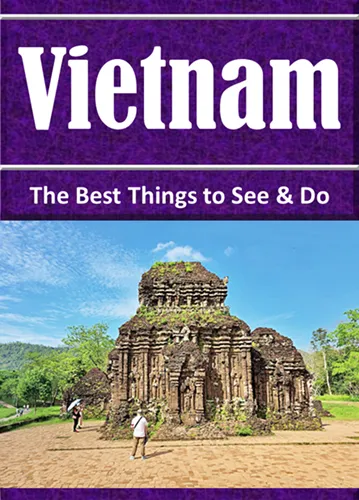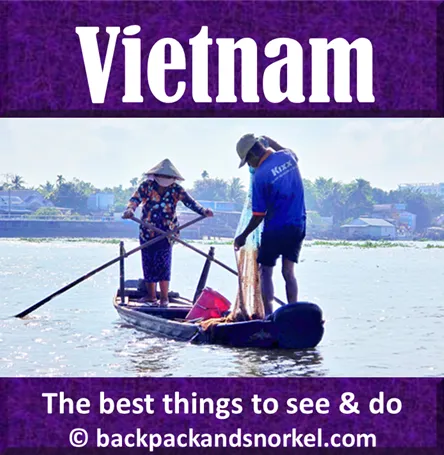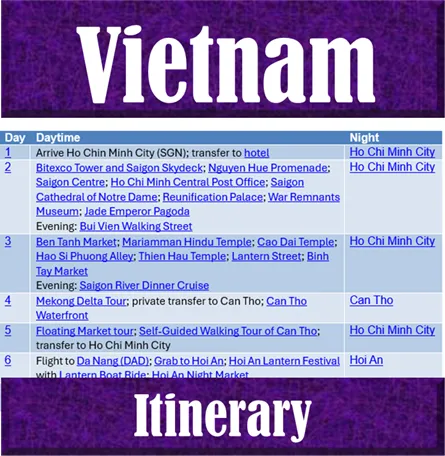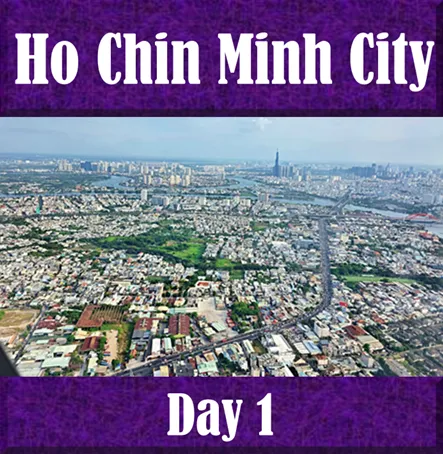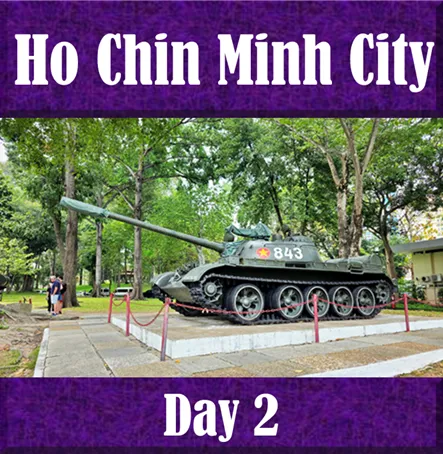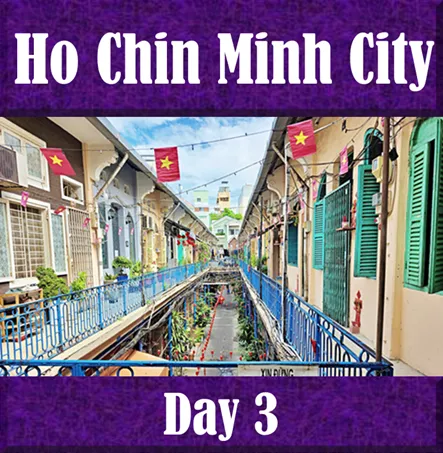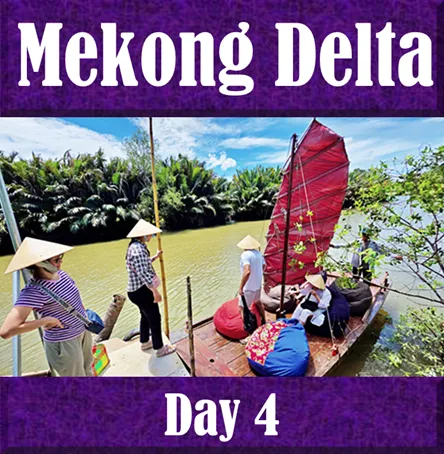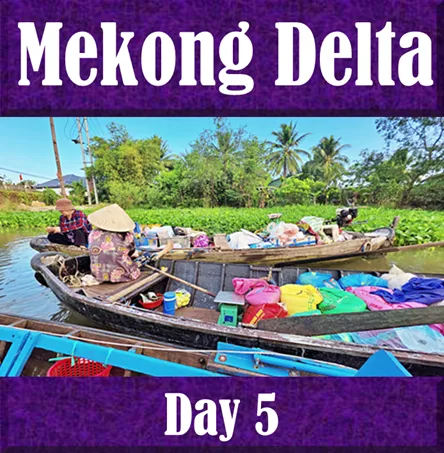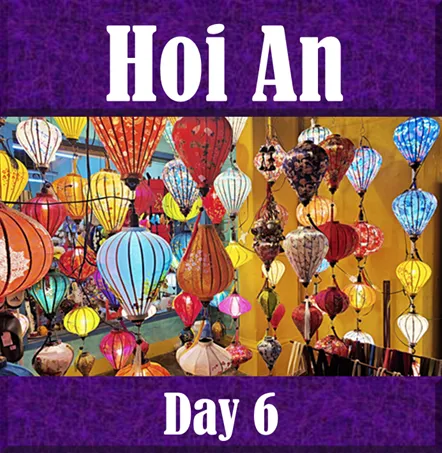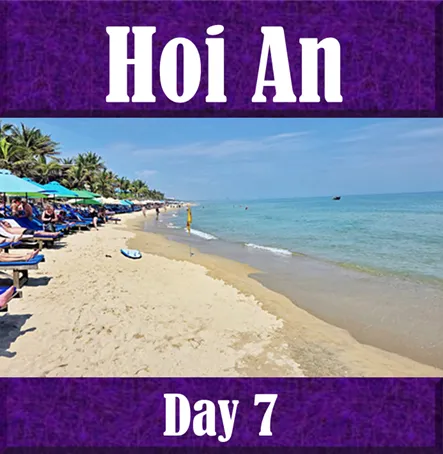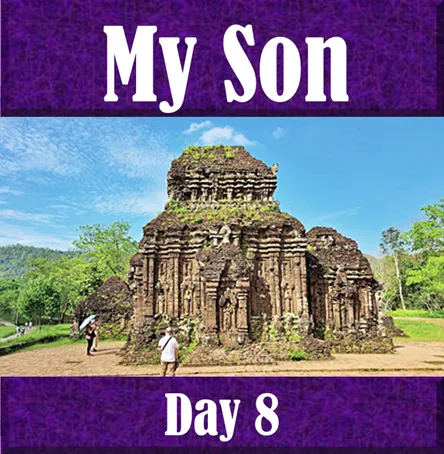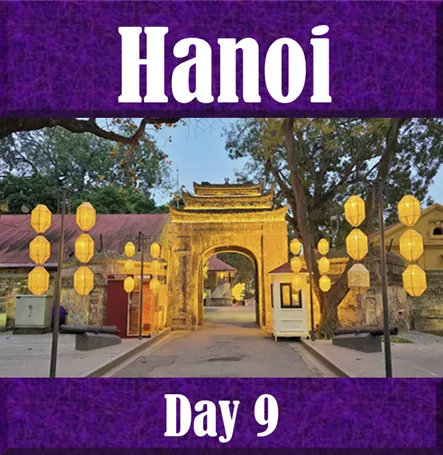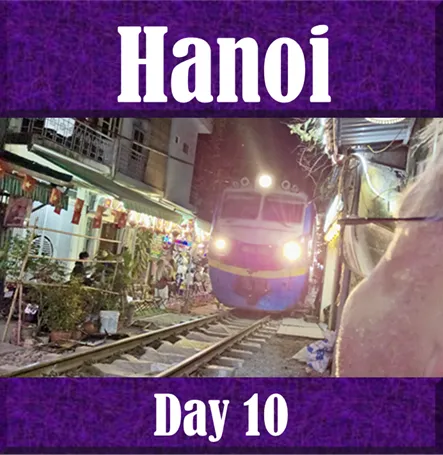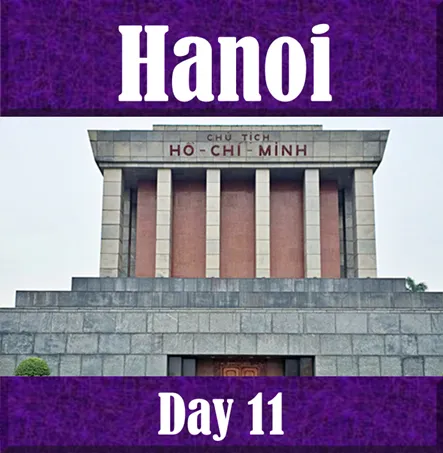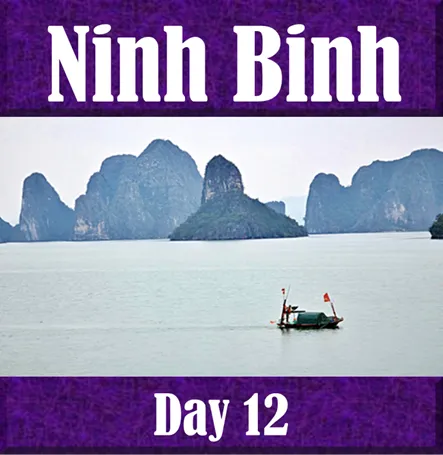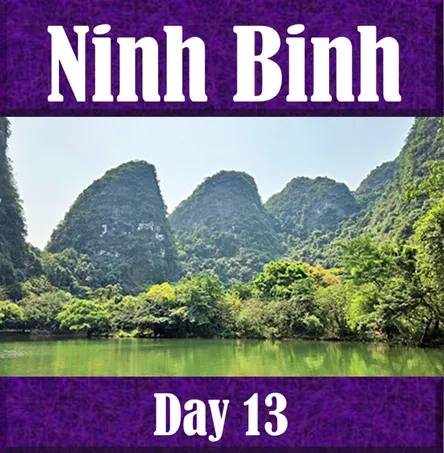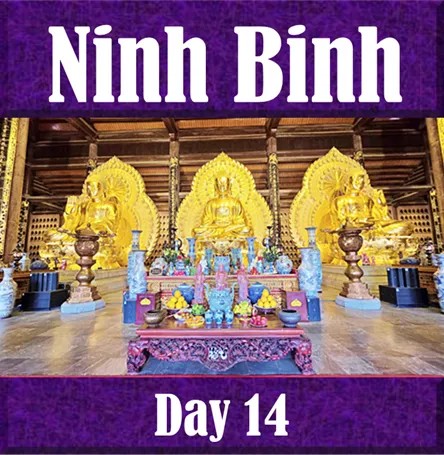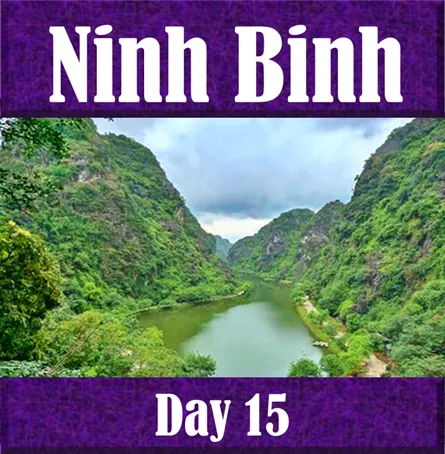Munirensay Temple: Can Tho's Golden Khmer Buddhist Temple & Angkor Wat-Style Architecture | Vietnam Purple Travel Guide
(map, reviews)
This is Premium Content! To access it, please download our
Backpack and Snorkel Purple Travel GuideSituated directly next to Chùa Tịnh Độ Cư Sĩ Phật Hội Hưng Định Tự, Munirensay Khmer Buddhist Temple stands as a vibrant symbol of Khmer cultural identity and Theravāda Buddhism in southern Vietnam. With its golden spires, intricate carvings, and serene atmosphere, this temple offers visitors a fascinating contrast to the more widely seen Mahāyāna-style Vietnamese pagodas.
We really liked the artistry of the building designs.
A Temple Rooted in Khmer Culture and Theravāda Tradition
Built in 1946 by the local Khmer Krom community, Munirensay Temple serves as a spiritual, educational, and cultural center for Khmer Buddhists living in Can Tho. Theravāda Buddhism, which differs from the Mahāyāna branch more common in northern Vietnam, is practiced here.
The temple’s full name in Khmer is Wat Munirensay, meaning ‘Temple of Peace and Prosperity’. The architecture and religious practices reflect traditions shared with Cambodian and Thai Buddhism, offering a rare opportunity to experience Southeast Asia’s Theravāda monastic life within Vietnam.
Striking Architecture and Symbolism
One of the most eye-catching aspects of Munirensay Temple is its distinct Khmer design:
Golden tiered spires (prasats) rise above the main hall, symbolizing the mythical Mount Meru, center of the universe in Buddhist cosmology.
Ornately decorated roof edges feature serpentine Naga figures and Garuda motifs.
Murals and carvings depict scenes from the Jataka tales — stories of the Buddha’s past lives.
Courtyard statues include representations of devas, lions, and guardian spirits common in Khmer iconography.
Inside the temple, you will find a large, seated Buddha in traditional Theravāda posture, surrounded by offerings of incense, flowers, and saffron-robed monks during prayer times.
Cultural Importance and Community Role
Munirensay Temple is not just a religious site, but also a living community hub:
Language and Dharma classes are offered for local Khmer youth.
The temple celebrates Khmer New Year (Chaul Chnam Thmey) in April and Kathina Robe Offering Festival in the fall, complete with parades, dances, and traditional music.
The temple helps preserve Khmer script, customs, and oral history, making it an essential cultural anchor in the Mekong Delta.
During holidays, the temple draws both Khmer and Vietnamese Buddhists as well as curious tourists. Visitors are often welcomed to observe rituals, photograph the grounds, and speak with the monks—some of whom speak Vietnamese, Khmer, and even English.
Practical Information
Hours: Open daily, typically from 6:00 AM – 6:00 PM
Entrance Fee: Free (donations welcome)
Dress Code: Modest attire (shoulders and knees covered); remove shoes before climbing the stairs and entering prayer areas
Here are some photos that we took:
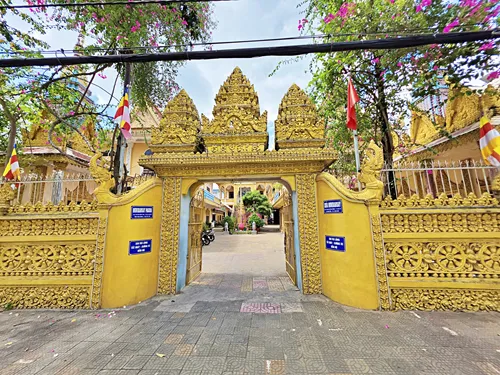
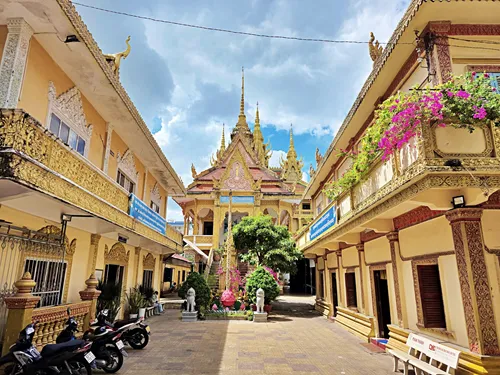
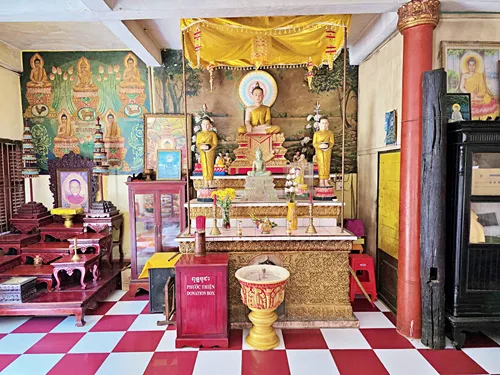
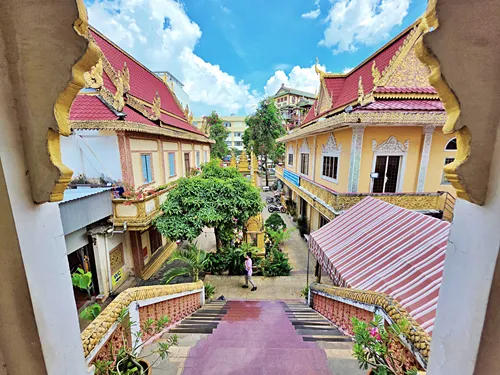
Here at Backpack and Snorkel Travel Guides, we promote self-guided walking tours.
But we realize that not everybody likes to walk by themselves in a foreign city. So, just in case that you rather go with ab guide: NO PROBLEM! Please see the Viator tours below.
paid Viator tours
Where do you want to go now?
Author: Rudy at Backpack and Snorkel
Bio: Owner of Backpack and Snorkel Travel Guides. We create in-depth guides to help you plan unforgettable vacations around the world.
Other popular Purple Travel Guides you may be interested in:
Like this Backpack and Snorkel Purple Travel Guide? Pin these for later:
